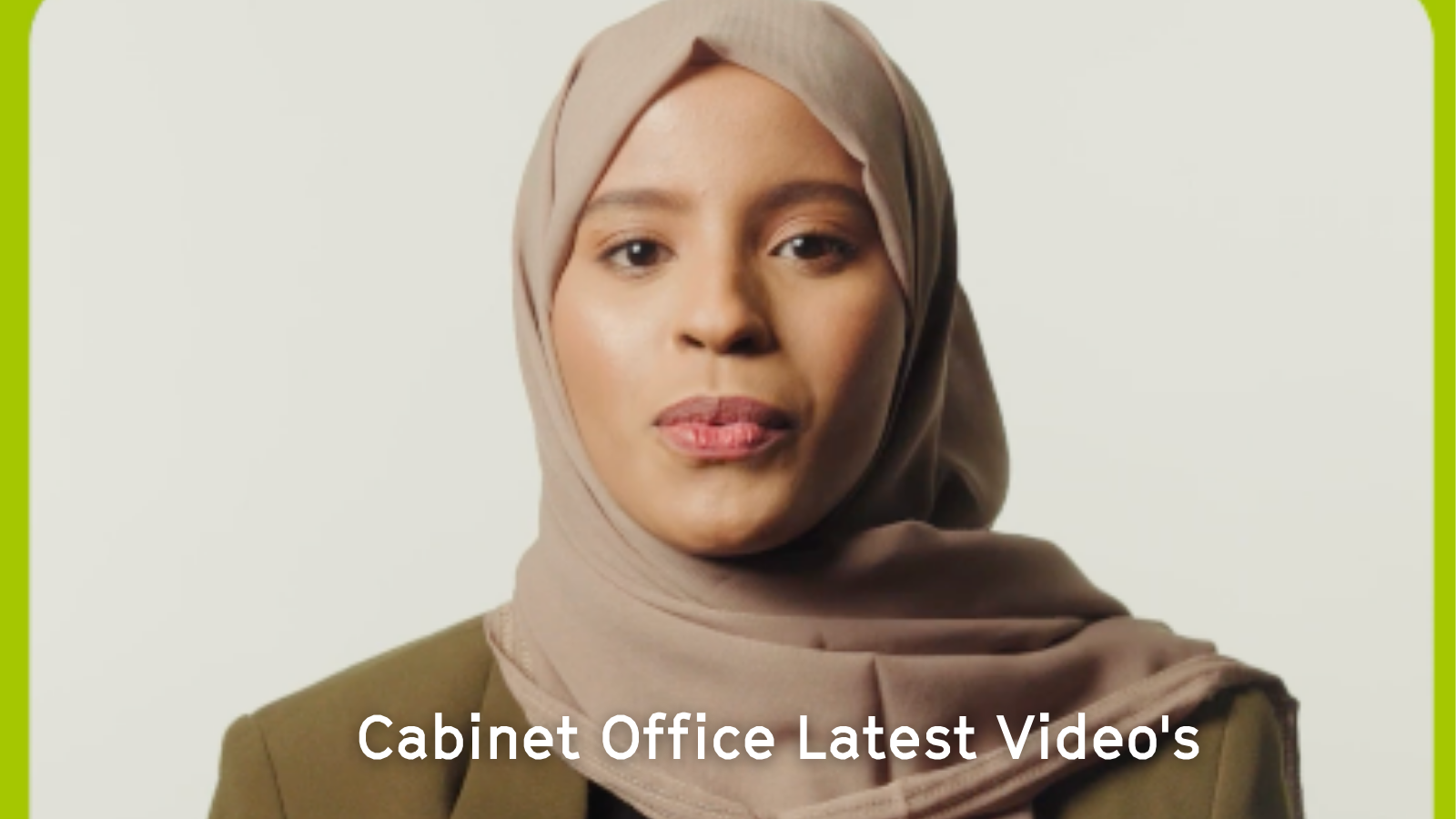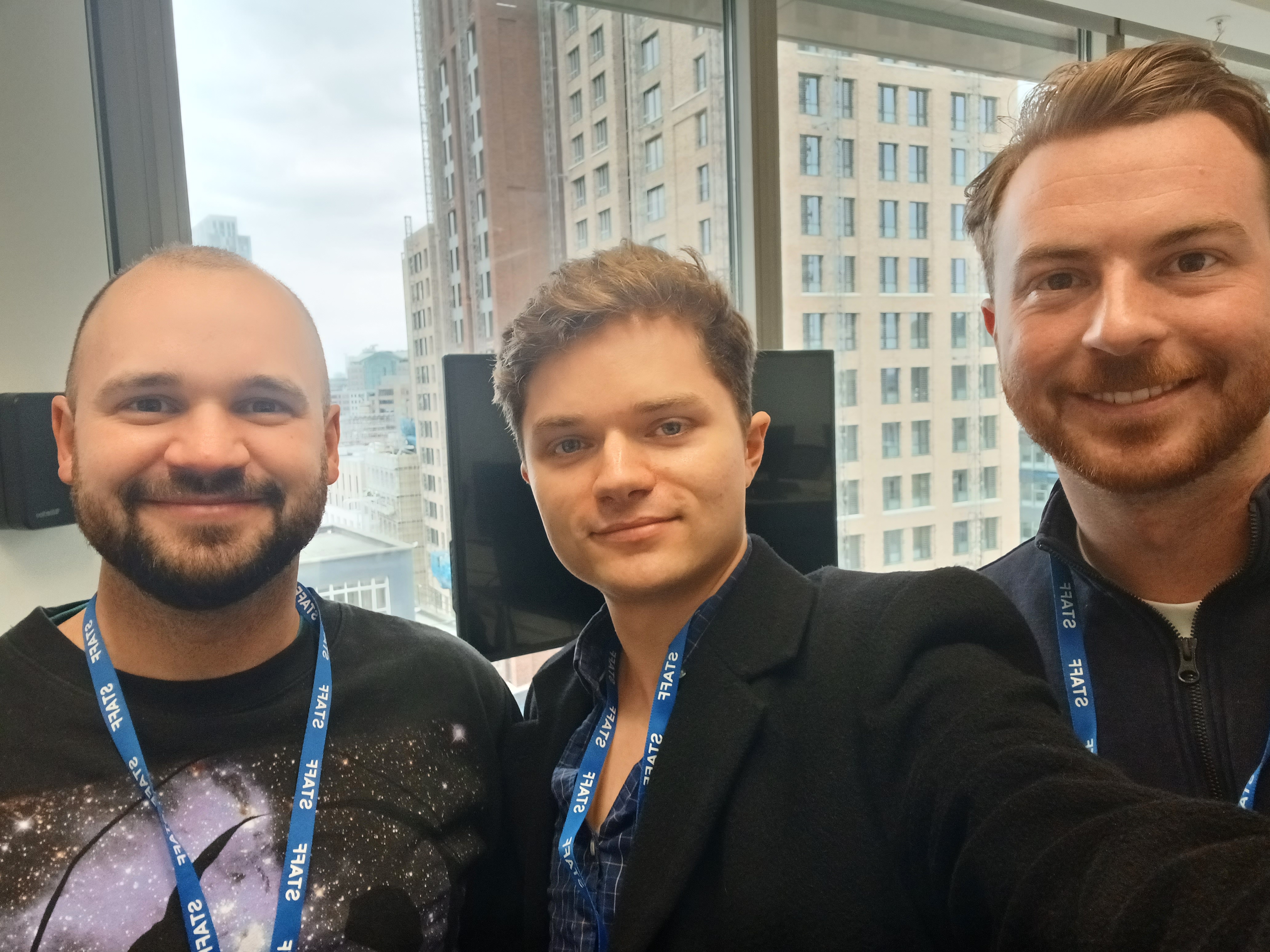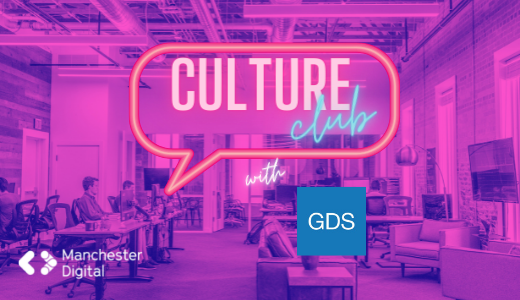Mid-level and Senior Developers
Government Digital Services -
GOV.UK are making search more usable, relevant and accessible, ensuring that more people can find what they're looking for. We're also creating a publishing ecosystem for government that is flexible, secure and easy to use so that we can present government information where users need it.
As a Developer on GOV.UK, you’ll:
- work as part of a multi-disciplinary agile team, getting involved with every part of the lifecycle of a service, from user research to continuously deploying code to production in our AWS environments
- build robust, performant Ruby on Rails applications to serve a variety of public and government needs, taking responsibility for the quality of code you produce
- implement tooling and automation to support development, operation, reliability, security and continuous improvement of the systems you work on
- support the live operation of the services we run, and participate in out-of-hours support rotas where necessary - you'll be paid an allowance, and a further hourly payment, for any duties you perform when on call
- share your work and the things you’ve learned through blog posts and show and tells, with the option of presenting at conferences and meetups
- use your learning and development budget to develop your career
- help recruit other developers and, where appropriate, get involved with sifting and interviewing
Person specification
The skills we would expect a Developer to have:
- experience in back-end development, with knowledge of at least one programming language used for back-end web development (for example Ruby, Python, JavaScript, Java or Go)
- an awareness of technologies used for cloud based web applications, such as HTTP, databases, backups, CDNs, search, containers (e.g. docker or kubernetes) and cloud computing (e.g. AWS, Google Cloud Platform or Azure)
- understanding of software design principles, and an ability to apply them
- familiarity with modern software development approaches such as automated testing, test driven development (TDD), continuous integration, pair programming, code review and version control
- understanding of common web security risks such as OWASP Top 10, and the corresponding mitigations
- enjoy researching and learning new programming tools and techniques and sharing their skills with others
- have experience working in a collaborative environment, and an understanding of the benefits of agile and multi-disciplinary approaches
- a desire to use their skills and experience to make a genuine difference, and to work on important services that are used by millions of people
In addition to the above Senior Developers will also:
- provide technical leadership within a team, advising and working with developers to identify the best approaches and solutions
- take responsibility for solving complex issues, drawing upon a broad knowledge of web technologies
- have proven experience of modern software development approaches including automated testing, test driven development, continuous integration, pair programming, code review and version control
- have experience in management, helping colleagues with their career development and coaching more junior staff members
- share knowledge among the GDS teams, ensuring that your team is understood by others and understanding the working of the wider organisation
If you meet a few of those criteria but think that you might not meet every last one then don’t let that stop you from submitting an application.
Benefits
The benefits of working at GDS
There are many benefits of working at GDS, including:
- flexible hybrid working with flexi-time and the option to work part-time or condensed hours
- a Civil Service Pension with an employer contribution of 28.97%
- 25 days of annual leave, increasing by a day each year up to a maximum of 30 days
- an extra day off for The King’s birthday
- an in-year bonus scheme to recognise high performance
- career progression and coaching, including a training budget for personal development
- paid volunteering leave
- a focus on wellbeing with access to an employee assistance programme
- job satisfaction from making government services easier to use and more inclusive for people across the UK
- advances on pay, including for travel season tickets
- death in service benefits
- cycle to work scheme and facilities
- access to children's holiday play schemes across different locations in central London
- access to an employee discounts scheme
- 10 learning days per year
- volunteering opportunities (5 special leave days per year)
- access to a suite of learning activities through Civil Service learning
Any move to Government Digital Service from another employer will mean you can no longer access childcare vouchers. This includes moves between government departments. You may however be eligible for other government schemes, including Tax Free Childcare. Determine your eligibility at https://www.childcarechoices.gov.uk
Office attendance
The Department operates a discretionary hybrid working policy, which provides for a combination of working hours from your place of work and from your home in the UK. The current expectation for staff is to attend the office or non-home based location for 40-60% of the time over the accounting period.
DSIT does not normally offer full home working (i.e. working at home); but we do offer a variety of flexible working options (including occasionally working from home).
Things you need to know
Selection process details
The standard selection process for roles at GDS consists of:
- Application stage - you’ll be asked to submit a CV demonstrating your previous work history, that should meet the skills and experience listed in the person specification above. You will also need to answer three application questions based on the person specification. Failure to submit your CV and complete the application questions may result in your application being unsuccessful
- Interview stage -
- Phone interview stage - a 20 minute telephone interview (may not be required depending on the volume of applicants)
- Technical interview stage - a 45 minute pair programming technical exercise - you'll work with a GDS engineer to solve a self-contained programming problem given to you in writing. You'll be asked to discuss the problem with the GDS engineer, devise a plan for solving it, and then to write code to solve the problem. As well as your programming and unit testing skills we'll be evaluating how you communicate and collaborate, and how you break down the problem. You'll use your own development environment for this (conducted over video conferencing)
- Panel Interview stage - a 90 minute technical and civil service behavioural interview (conducted over video conferencing)
We currently have 14 vacancies: 7 for Senior Developers and 7 for a Mid-Level Developer. We're conducting a single campaign and will assign a role based on interview performance and merit.
Whilst we value the use of AI technology to enhance our daily work, we also value the personal touch and urge applicants to write responses without the use of AI to emphasise their own unique experiences.
Depending on how many applications we get, there might also be an extra stage before the video interview, for example a phone interview or a technical exercise.
In the event we receive a high volume of applications, we will conduct the initial sift against the lead criteria which is:
- experience in back-end development, with knowledge of at least one programming language used for back-end web development (for example Ruby, Python, JavaScript, Java or Go)
In the Civil Service, we use Success Profiles to evaluate your skills and ability. This gives us the best possible chance of finding the right person for the job, increases performance and improves diversity and inclusivity. We’ll be assessing your technical abilities, skills, experience and behaviours that are relevant to this role.
For this role we’ll be assessing you against the following Civil Service Behaviours:
- working together
- changing and improving
- making effective decisions
We will also be assessing your experience and specialist technical skills against the following skills defined in the DDaT Developer and DDaT Senior Developer role:
- programming and build (software engineering)
- modern standards approach
- systems design
- development process optimisation
- information security
- availability and capacity management
- service support
- systems integration
Recruitment Timeline
Role closes: 29th April 2025
Sift completion: 6th May 2025
Phone and technical tests: starting from 12th May 2025
Panel interviews: starting from 29th May 2025
Candidates that do not pass the interview but have demonstrated an acceptable standard may be considered for similar roles at a lower grade.
A reserve list will be held for a period of 12 months, from which further appointments can be made.
The Civil Service is committed to attract, retain and invest in talent wherever it is found. To learn more please see the Civil Service People Plan and the Civil Service D&I Strategy.
Other information
In January 2025, it was announced that the Government Digital Service (GDS) will move to the Department for Science, Innovation and Technology (DSIT) as a part of a machinery of government change. This change aims to bring together the digital transformation of public services into one central department, presenting exciting opportunities and positioning DSIT to lead the government’s digital agenda.
This role is in scope to transfer to DSIT when the machinery of government change takes place. As a result, if you are successful and appointed by Cabinet Office to this role before 1st June 2025, your role will transfer from Cabinet Office to DSIT at the time of the relevant machinery of government change taking place. If your start date is after 1 June 2025, you will be appointed direct to DSIT and your appointment will be unaffected by the machinery of government change. We are currently consulting with our Trade Unions on which policies, terms and conditions will apply on transfer. The statement of changes applied to all other Cabinet Office staff will also apply to you if you are successful.
We encourage you to apply and look forward to reviewing your application. We will keep you updated throughout the process.
Sponsorship
DSIT cannot offer Visa sponsorship to candidates through this campaign. DSIT holds a Visa sponsorship licence but this can only be used for certain roles and this campaign does not qualify.






